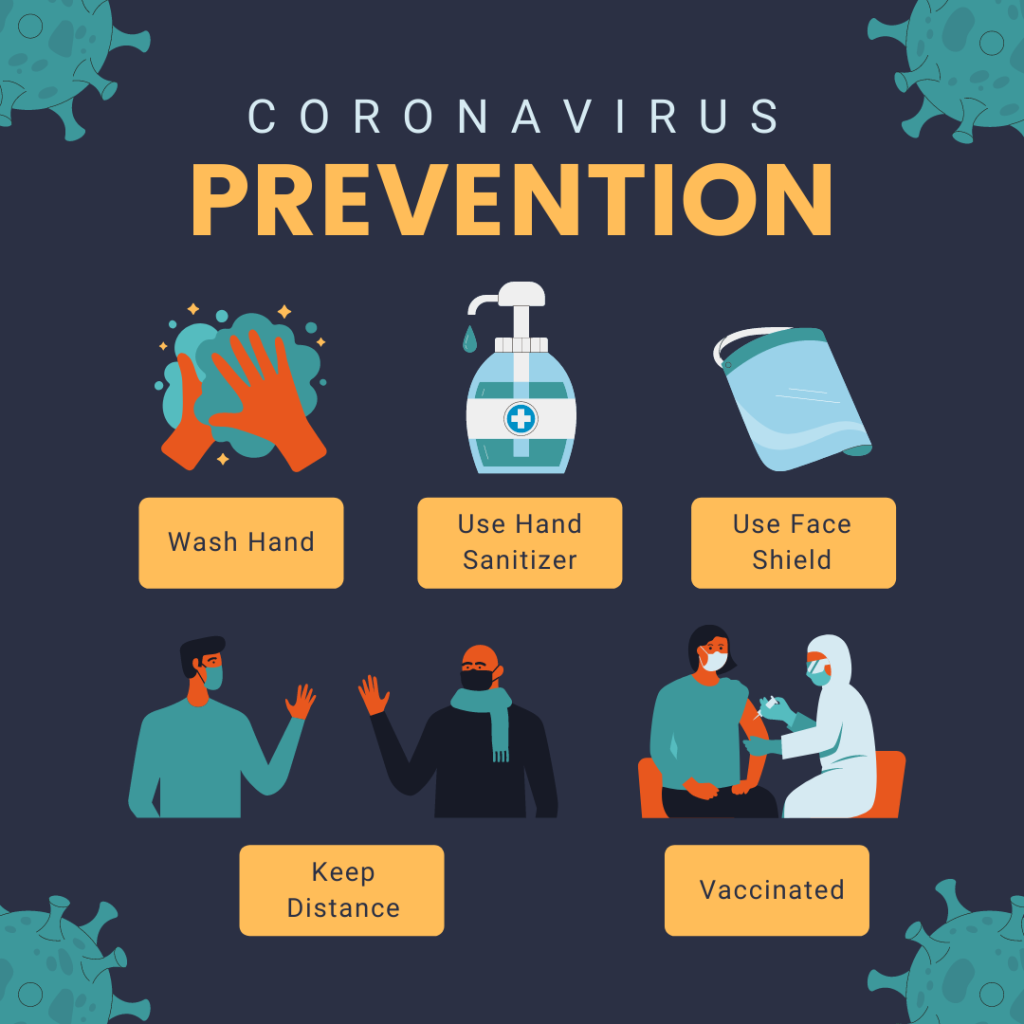The Truth About COVID-19
SARS-CoV-2, the virus that causes COVID-19, is not just a cold or the flu.
It is a deadly virus that attacks most major organ systems and can leave lasting damage.
Many people who had an initial mild infection with minimal symptoms are still at risk of developing a major life-threatening health condition.
What is Long Covid?
Covid-19 infection typically lasts two to three weeks, but some people experience lasting symptoms after recovering from the acute infection.
This condition is called Post-Acute Sequelae of SARS-CoV-2 (PASC), or Long Covid syndrome.
Long Covid is not just minimal shortness of breath after initial infection. It is much more severe.
Long Covid Syndrome Symptoms:
- Fatigue (severe)
- Shortness of breath
- Cough
- Joint pain
- Chest pain
- Heart Damage
- Heart inflammation (Myopericarditis) leading to shortness of breath, heart palpitations, rapid heartbeat
- Kidney damage leading to dialysis requirement
- Lost/Distorted sense of smell and taste
- Some people reported having no smell or things smell bad (e.g., like raw sewage)
- You may experience severe lack of appetite since smell and taste are related
- Brain fog, headaches, fatigue, dizziness
- Autonomic Nervous System: Controls automatic body functions, like heart rate, blood pressure, digestion, etc.
- Post Orthostatic Tachycardia Syndrome (POTS): impacts heart rate and blood pressure when standing up from a sitting/laying position. Symptoms include increased heart rate, brain fog, severe chronic fatigue, chronic nausea/vomiting, lightheadedness, memory difficulty
- Mental Health: anxiety depression, PTSD
- Type 2 Diabetes
- Multisystem Inflammatory Syndrome (MIS)
- Serious condition where multiple body parts, including heart, lungs, brain, kidneys, skin, eyes, gastrointestinal organs, are inflamed
This is not an exhaustive list of symptoms. Scientists are uncovering more information daily.
Why should you be worried?
It is estimated that more than 54% of Covid survivors experienced Long Covid symptoms 6 months after initial infection. These symptoms are often debilitating and severe.
Scientists are not sure how long it will take people to recover from Long Covid. There are people, called “Long Haulers” who are experiencing symptoms months to years after having Covid.
Bottom Line
The Centers for Disease Control and Prevention, while it produces accurate research studies about the Covid-19 pandemic’s scientific innovation, encouraged unsafe public health policies and strategies for risk mitigation since mid-late 2020.
The studies show Covid-19 is a deadly virus. There are almost one million deaths from Covid-19 in the United States alone. However, mask mandates on public transit continue to be lifted.
Many Covid test centers closed. PCR test (the most accurate type of Covid Test) costs are no longer government subsidized, placing the burden of cost on the people. Quarantine guidelines suggest staying home from work for five days is safe practice, even though Covid-19 infection is active for at least 10-14 days.
Please ask yourself: Does ending mask mandates, making it harder to get Covid PCR tests, reducing social distancing requirements, and reopening schools in the middle of a deadly pandemic sound like public health policies that will keep us safe?
What can you do?
- Please get vaccinated: Vaccinated people have decreased risk of death from Covid. You may still get Covid, but there is less risk of having severe symptoms.
- “Severe symptoms” means admitted to a hospital, on a ventilator, or death
- Avoid indoor dining: Covid is an airborne respiratory illness. It is not safe to eat indoors with unmasked people.
- Avoid large crowds
- Social distance 6 feet
- Wear masks, especially indoors: KN95 and N95 masks are best. The small blue surgical masks and cloth masks do not offer enough protection alone.
- Please cover your mouth and nose with masks


